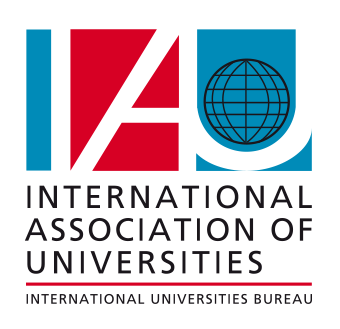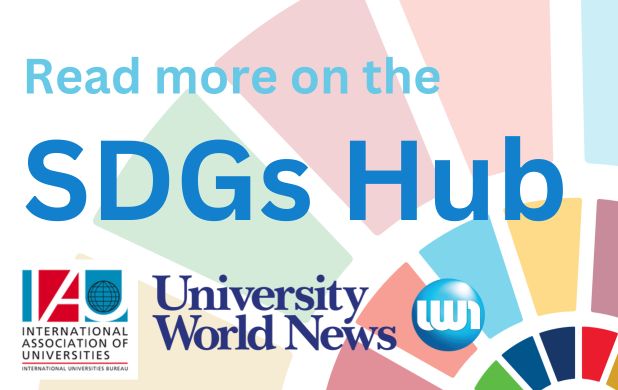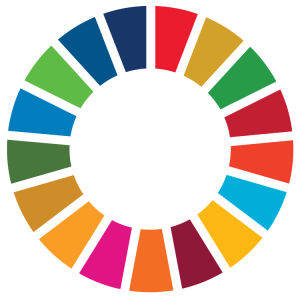Global Campus of HR & UNESCO MOOC on Science and Human Rights
About the MOOC
Scientific freedom and responsibility have to be enabled and practised. They benefit both scientists and policymakers; they also benefit all of us. Yet, these benefits will not be achieved if the status of scientific freedom and responsibility as a human right, as well as their linkages with other human rights, are not well understood or are plainly neglected. At present, we have a human rights knowledge-gap that needs to be closed if science is to be objective, evidence-based, free from undue interference and accessible. Closing this gap will enable scientific researchers to claim and exercise their rights relating to the conduct of science and policymakers to meet their human rights obligations and create a healthy environment for rights-driven science, which is a cornerstone for achieving the 2030 Agenda for Sustainable Development.
This MOOC, offered in partnership with UNESCO, is the first dedicated educational engagement on the human rightsbased approach (HRBA) to scientific freedom and responsibility, which is also accessible, at scale and cross-disciplinary in its engagement with human rights.
THE PROGRAMME
The MOOC runs over 5 weeks and is organised in 2 modules.
Module 1 explains connections and frameworks and tackles two important questions:
- Why connect science and human rights?
- What is a human rights-based approach to scientific freedom and responsibility
- Module 2 is devoted to the HRBA in practice and responds to 3 key questions:
- What is science for human rights?
- What is an enabling environment for scientific freedom?
- How can you use a HRBA to science to help achieve the Sustainable Development Goals?
Learn more and enroll here (free until 23 October 2022)



